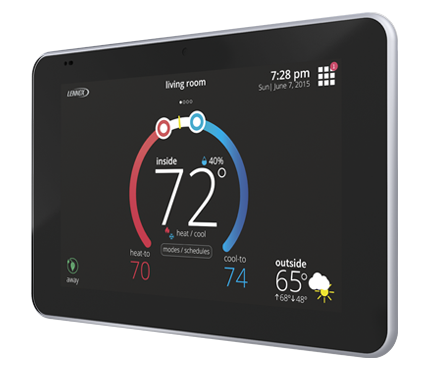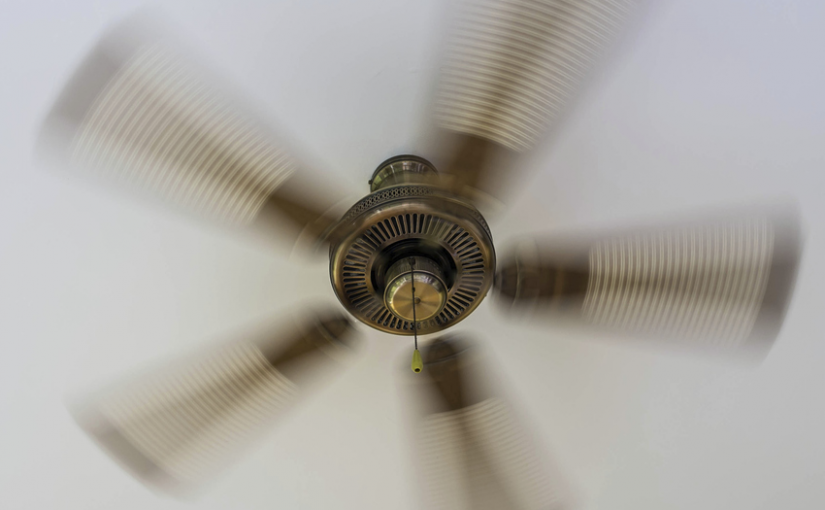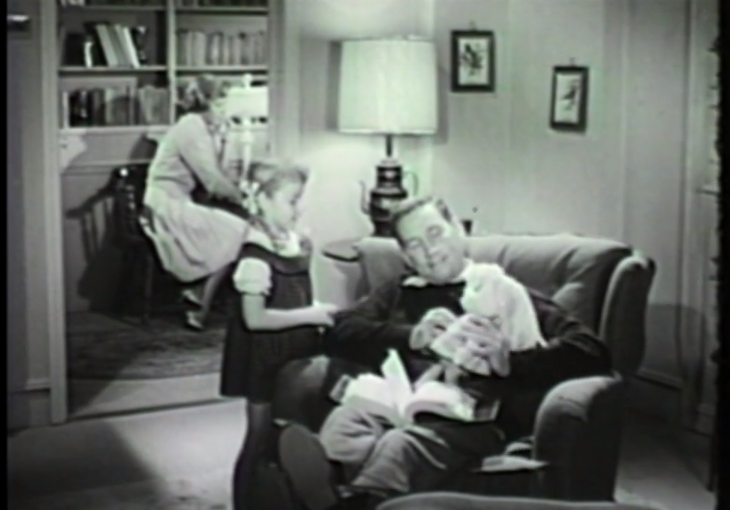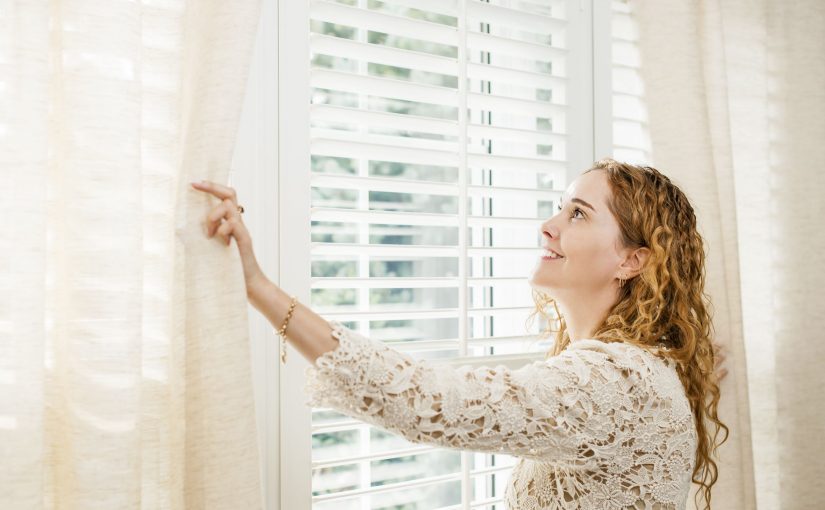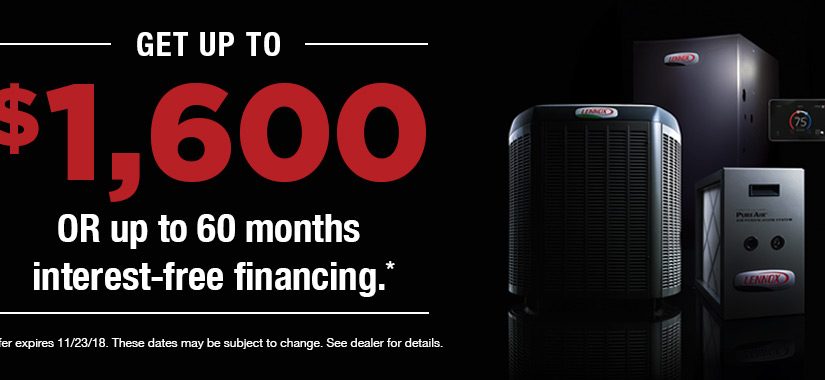How Do Indoor Air Purifiers Work?
Air purifiers use a system of internal fans to pull the air in your home through a series of filters that remove harmful airborne particles like dust, pollen, and bacteria. The air purifier then circulates the purified air back into the room. This process repeats itself several times an hour, keeping your environment healthy.
With this information in mind, an air purifier should sound like a solid plan, right? If not, here are some points to consider:
- Air purifiers ensure you and your family are breathing clean air. The EPA estimates that indoor air is two to five times dirtier than outdoor air — and sometimes up to 100 times dirtier. A good air purifier circulates and cleans the air, keeping you healthy.
- Air purifiers remove unpleasant odors. You love to cook, but your weekly fish fry makes the house smell like, well, fish. Air purifiers don’t only clean the air, they also help get rid of unpleasant odors.
- Air purifiers trap airborne allergens released by pets. You may love your pet, but your furry friend releases pet dander, fur, and other airborne allergens into the air in your home — not to mention the smells! Air purifiers help combat these allergens by trapping them before they settle into your home.
- Air purifiers help neutralize smoke. Smoke stinks. Whether it’s a family member who smokes or your love for a roaring fireplace making your home smell dingy, an air purifier can help trap smoke before it ends up in your upholstery.
- Air purifiers trap dust. There will always be dust. No matter what you do to keep your home clean, dust accumulates. An air purifier helps trap dust before it has the chance to settle, reducing build-up and leaving you with less to clean.
- Air purifiers remove up to 99 percent of airborne bacteria. Small airborne particles like pollen, mold spores, and other bacteria float around in the air, causing your family to get sick. By cycling the air in the room repeatedly through internal filters, an air purifier helps remove up to 99 percent of these airborne pollutants.
- Air purifiers combat seasonal allergens. Seasonal allergies are a problem for many people. Air purifiers help keep the allergens that make breathing uncomfortable out of your home.
- Air purifiers stop sickness and germs from spreading. Worried about catching your children’s flu? Your spouse’s cold? True HEPA air purifiers with UV bulbs capture and neutralize up to 99.97 percent of the airborne germs that you want to avoid.
- Air purifiers keep your lungs healthy. Consistent exposure to dust, pollen, dander, and other airborne particles can cause long-term breathing and health issues for you and your family. Using an air purifier in your home gives you the confidence that your lungs will be healthy for years to come.
- Air purifiers fit everywhere. They come in a variety of sizes and have a variety of features that will keep the air healthy in any room of the house.

